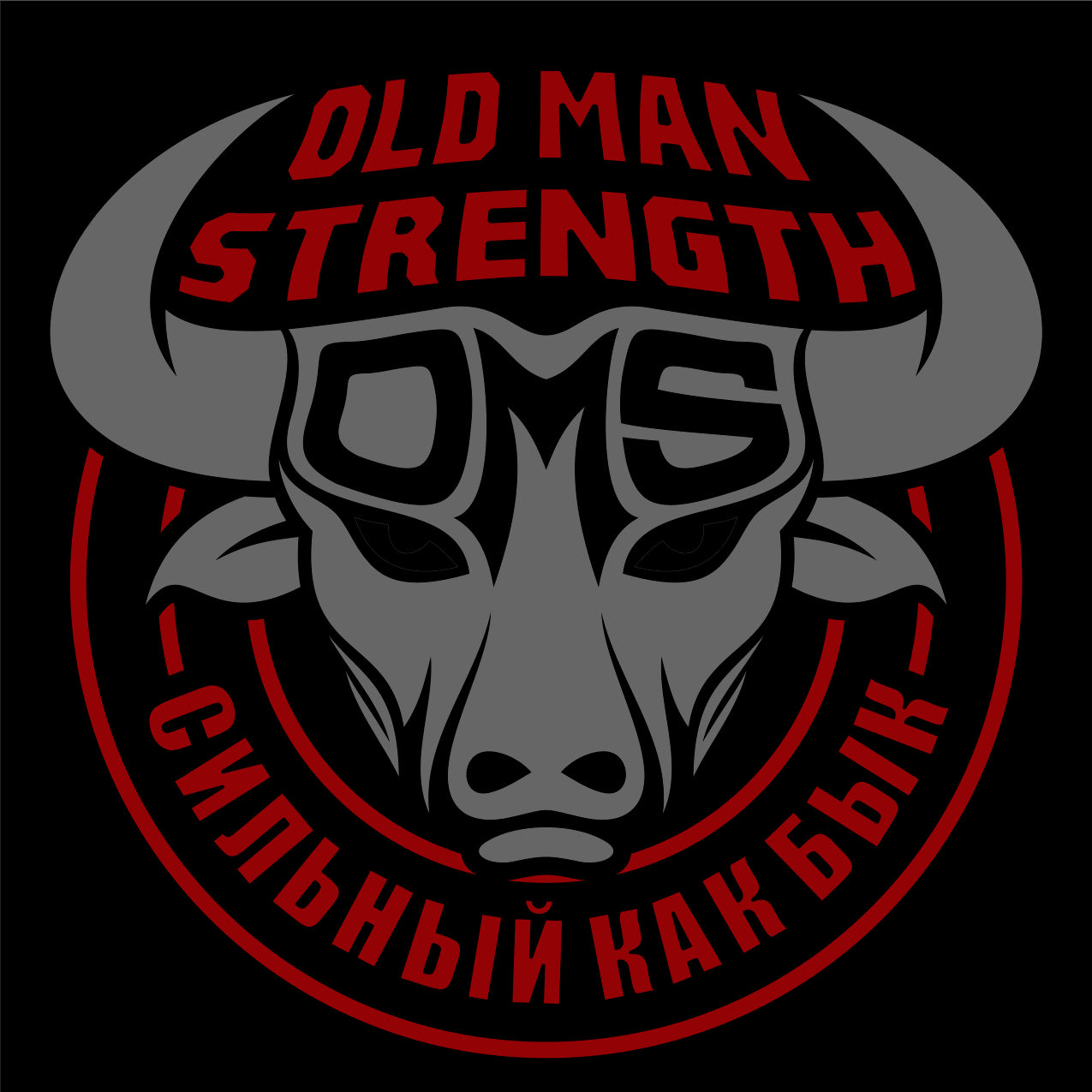
Want to Cheat Death? Get Stronger and More Resilient
“Suzuki Roshi, I’ve been listening to your lectures for years,” a student asked following a lecture, “but I just don’t understand. Could you just please put it in a nutshell? Can you reduce life to one phrase?”. Everyone laughed. Suzuki laughed. “Everything changes,” he said.
Almost two years ago, Psychology Today wrote an article about the declining levels of resilience among students at today’s colleges and universities, noting a rapid rise in emergency calls to Counseling by students at our learning institutions. Problems included emotional crises and unseen before levels of anxiety over problems of everyday life, including traumatization at name calling, seeing rodents in campus apartments, and study loads. Teachers in turn were feeling acute pressure in many ways to limit these anxieties among the student base – many teachers were afraid to give low grades for poor performance given that students, they said, were viewing a C, or sometimes even a B, as failure, and interpreting such “failure” as the end of the world. Further, faculty were reporting an increased tendency for students to blame faculty for low grades; teachers were accused of not being explicit enough in briefing or teaching students what tests would cover, and escalation of complaints to college offices was becoming increasingly prevalent. In short, the cycle noted a circular pattern of poor resilience leading to a lessening of standards, leading to poorer results and a lower willingness to participate in ordinary life. Studies are showing similar patterns in offices and workplaces all around the world.
Resilience is our ability to react, not a measure of who we are
Resilience is defined as our ability to adapt and bounce back when things don’t go as planned. There are of course many types of resilience; ‘emotional resilience’ refers to how able we are to manage the emotional impact of stresses, difficulties and trauma in our lives; ‘Inherent resilience’ is the natural resilience with which we are born and stays with us until we are around seven years of age; and ‘adapted resilience’ or ‘learned resilience’ occurs at different points in our lives, and is usually brought about through a difficult or challenging experience. All three are gained and constantly enhanced or detracted through our upbringing, our environment, and our mental and physical approach to life.
Resilience matters, a lot. Being made redundant, and going out the next day to look for a new job, or at the end of a relationship, and finding the strength to over time re-build your sense of confidence to once again meet someone new, are examples of adaptive resilience at work. This type of resilience is learned through pain, and in turn gives us the ability to manage stresses and pain when they arise. Through resilience, we learn, grow and develop our mechanisms for managing, and find ways to draw on strength we did not know we had in times when we need it the most.
Stronger people are more useful and harder to kill
Research on resilience shows it can be the difference between life and death. The late Robert Butler from Columbia University in his research on longevity found that people with a sense of purpose and meaning lived on average 7 years longer than those who didn’t. Studies of high resilience show positive correlations with higher quality of life, greater happiness, better mental health and wellbeing, successful aging, lower depression, longevity, and reduced mortality risk. Of these, higher quality of life, greater happiness, and lower depression are the most common statistical outcomes.
Studies report three fundamental drivers of resilience. Firstly, engagement in physical activity. This is no surprise to most of us. We feel better when we hit the gym, the box, the bag or the mats. The challenge of pushing your body and your mind and the commitment matters. It stimulates, it drives and it builds the important understanding that change is possible and it can be made. Secondly, positive thinking, optimism and emotion. When you appreciate that life is impermanent, that everything changes constantly, and that we are in charge of ourselves and our future, with a positive lense, we grow stronger. Thirdly, community and social bonding. When we form part of a group, whether family, our fitness community or the brotherhood at Old Man Strength, and we represent, we form a bond with our outside world and with a community of like-minded individuals. We share our issues, our concerns and our achievements. And in turn, an exoskeleton builds around us.
A Rush University Study found that of 8,903 adults, 92% of those with high resilience said their life had meaning in contrast to only 2% of those with low resilience who said their life had meaning. Resilience, like strength, is not a personality trait, it is a process. We learn much of it from the pain we suffer, and that which we survive, along the way but we nurture and we enhance it through challenging ourselves, setting goals and overcoming them, and sharing our success and our issues.
So when you drag yourself out of bed tomorrow and pull on the shoes, the Gi, and the shirt, and head out against the elements, rest assured you are making yourself far harder to kill, and more likely to live. Stay Old Man Strong.


